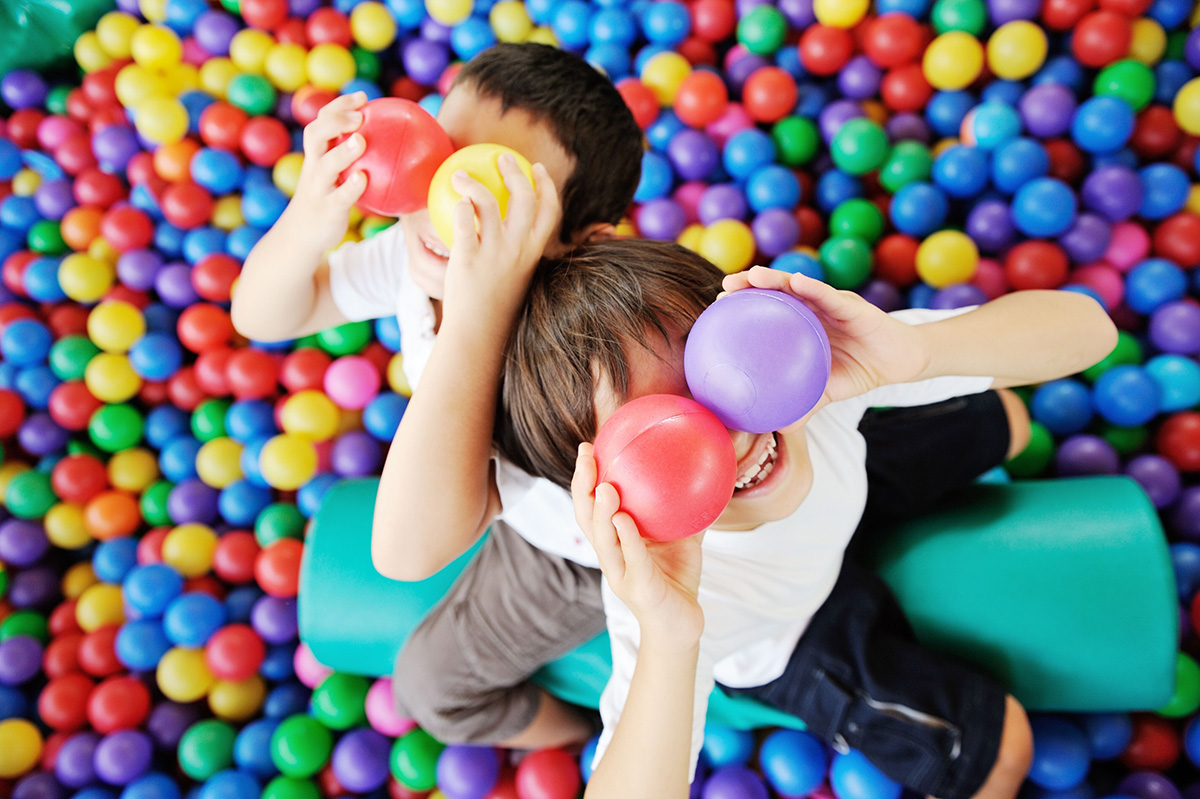 “C’mon Jake, what’s the big deal? Your parents are gone for the weekend, it’s the perfect time to throw a party and my older brother can get us some booze.”
“C’mon Jake, what’s the big deal? Your parents are gone for the weekend, it’s the perfect time to throw a party and my older brother can get us some booze.”
Peer pressure. We’ve all faced it at some point, and today even kids in preschool are feeling increasing pressure to go along with the group. Whether it’s having a party when the parents are gone, or making fun of Suzy because the popular kids don’t like her, peer pressure isn’t going to go away. The challenge for parents is to raise kids who are resilient enough to march to the beat of their own drum. “You can’t inoculate kids from peer pressure, but you can help them develop clarity of values and teach them to be able to do unpopular things,” says Positive Psychology Coach Caroline Miller. “Most imporantly, they need to see that bad things happen and the world goes on, and they need a soft place to land at home.”
While peer pressure is universal, the results of it can lead to major problems. Recent research shows that 60% of high school students say they attend a drug-infested school, and the Kaiser Foundation reports that 50% of teens feel pressured to have sex. A recent survey of 12- to 17-year-olds found that teens who viewed online photos of peers partying with marijuana or alcohol were 4x more likely to have used pot, and 3x more likely to abuse alcohol and tobacco.
Surprisingly, the secret to minimizing the effects of other kids on your kids lies at home. “The key is validation and acceptance by the parents — that’s far more important than from peers up until age 14,” says Miami-based Psychologist Patrick Wanis. “If kids get it from the parents, they seek it less from peers.”
The kids most susceptible to peer pressure are insecure at their core. Children with a healthy attachment to their parents are more likely to be able to stand up for themselves in the face of group pressure. “The top thing you can do is connect with your children,” advises Wanis. “It doesn’t mean you can’t still be the authority figure, but you need to show you’re interested. When you acknowledge the child’s emotions, ask why they feel a certain way, they will open up. Children, even teens, want parents that are interested in their lives.”
Research proves that the closer a family is, the less likely a child will go down the wrong path. Studies show that simple things have big effects. Families that eat dinner together have children less likely to do drugs, and teens that attend religious services regularly have less drug, alcohol and tobacco use. Clearly, family-time is crucial in creating kids that resist peer pressure.
 Parents need to bolster a child’s self-esteem enough so they have a strong enough sense of identity to not be afraid to say no when everyone else is saying yes. “Parents also need to walk the walk,” says Dr. Fran Walfish, a Beverly Hills Psychotherapist & Author of The Self-Aware Parent. “If Dad always says things like ‘I have to impress my boss’, the child learns that what other people think is of the utmost importance.”
Parents need to bolster a child’s self-esteem enough so they have a strong enough sense of identity to not be afraid to say no when everyone else is saying yes. “Parents also need to walk the walk,” says Dr. Fran Walfish, a Beverly Hills Psychotherapist & Author of The Self-Aware Parent. “If Dad always says things like ‘I have to impress my boss’, the child learns that what other people think is of the utmost importance.”
“Children with a healthy attachment to their parents are more likely to be able to stand up for themselves in the face of group pressure. Parents need to bolster a child’s self-esteem enough so they aren’t afraid to say no when everyone else is saying yes.”
Parents should also teach their children what a good friend really is. According to Walfish, a quality friend is always nice and not hot and cold, they include you in their plans and they come to your aid when you need them. Parents also need to address the importance of being popular because every kid wants to fit in. “Parents have to teach that popularity comes and goes and that the most respected people don’t follow the crowd, but do their own thing in a positive way,” says Miller.
Minimizing peer pressure is important because children are impressionable. This is the time they’re establishing who they are and what their values are. As parents, you want this shaped by you and quality friends, not bullies. “There’s no question that the people children spend time with impact who they become,” says Miller. “Behaviors are contagious. Kids rise to the lowest or highest denominator and you want them to rise to their best self.”
And, warns Wanis, you should be very concerned about who your kids are hanging out with. “Children are pliable and impressionable,” he says. “Once they start down the wrong path, it can cause lifelong problems unless the person has some sort of intervention. The only way it changes is if the person becomes conscious and recognizes that their life is going down the wrong path.”
 We like to think that certain schools are bubbles for our kids, insulating them from bad things, but that’s just a fantasy. Peer pressure and temptations exist at every school — be it public or private. So how do you pick the best one for your child? “You have to know your child’s strengths and weaknesses so their best self will emerge,” says Miller. While many parents think private school is the best, Miller plays devil’s advocate by saying that in a public school setting that’s more crowded, children can learn to develop their own voice because they have to fend for themselves more often.
We like to think that certain schools are bubbles for our kids, insulating them from bad things, but that’s just a fantasy. Peer pressure and temptations exist at every school — be it public or private. So how do you pick the best one for your child? “You have to know your child’s strengths and weaknesses so their best self will emerge,” says Miller. While many parents think private school is the best, Miller plays devil’s advocate by saying that in a public school setting that’s more crowded, children can learn to develop their own voice because they have to fend for themselves more often.
And while peer pressure has a negative connotation, it can also be a positive thing when your child is surrounded by a good group of kids. A study conducted at Middlesex University in London found that positive peer pressure prevented binge drinking in 14- and 15-year-olds. Another U.K. study found that an anti-smoking campaign employing positive peer pressure curbed teen smoking more effectively than typical fear-based appeals.
Just as a bad social group can lead your child astray, a strong social circle can bolster your child to achieve good grades, succeed in sports, be philanthropic and have a host of other positive qualities.
So how can parents steer their kids to quality friends? It’s simple: Communicate with your child, set expectations, stay involved and pick your battles. You should also know your child’s friends and their parents. The key to your child having good friends, and having the backbone and courage to resist negative ones lies in strong parenting from the get-go. And that’s really what it’s all about — putting family first.











